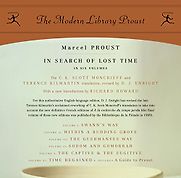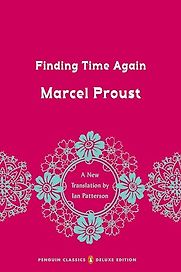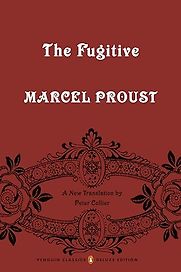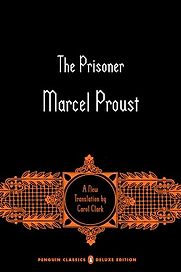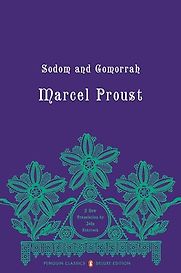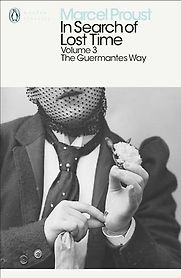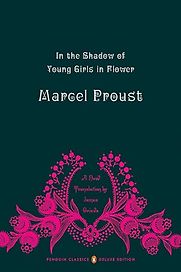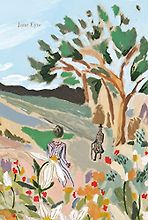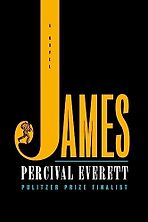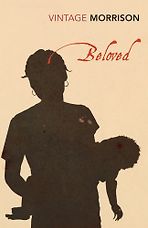Recommendations from our site
“The three thousand pages of his magnificent novel, packed with people, emotions, parfums, reflections, are not presented as happening in reality, but as emerging from the memory of the protagonist…Proust’s art thus brings to life a key intuition that we can find in thinkers ranging from St Augustine to Husserl, and which I think is crucial for understanding our experience: the fact that the time of our experience is only weakly related to the time of physics. Mostly, it is a space, a clearing, opened up by our memories and anticipations. What we call time in our daily life is these memories and anticipations.” Read more...
Carlo Rovelli, Physicist
“He has an enormous talent for building characters and bringing a world to life. In his descriptions of his own experiences you see the role of art in life. Art is not separate from life, it is an element of life. We all have the need and the capacity to impose form upon the flux around us. Now, we can impose a better form or we can impose a worse form. We aren’t all geniuses like Proust. Yet we can try to clarify our thoughts and remember the importance of form when we write. Proust shows us that activity helps give meaning to life and it’s helpful to keep in mind as a judge.” Read more...
Stephen Breyer on his Intellectual Influences
Stephen Breyer, US Supreme Court Justice
“A famous masterpiece which is an excruciatingly detailed chronicle of Proust’s life in which every single element and thought is captured and retold.” Read more...
The best books on Memory and the Digital Age
Viktor Mayer-Schönberger, Technologist
